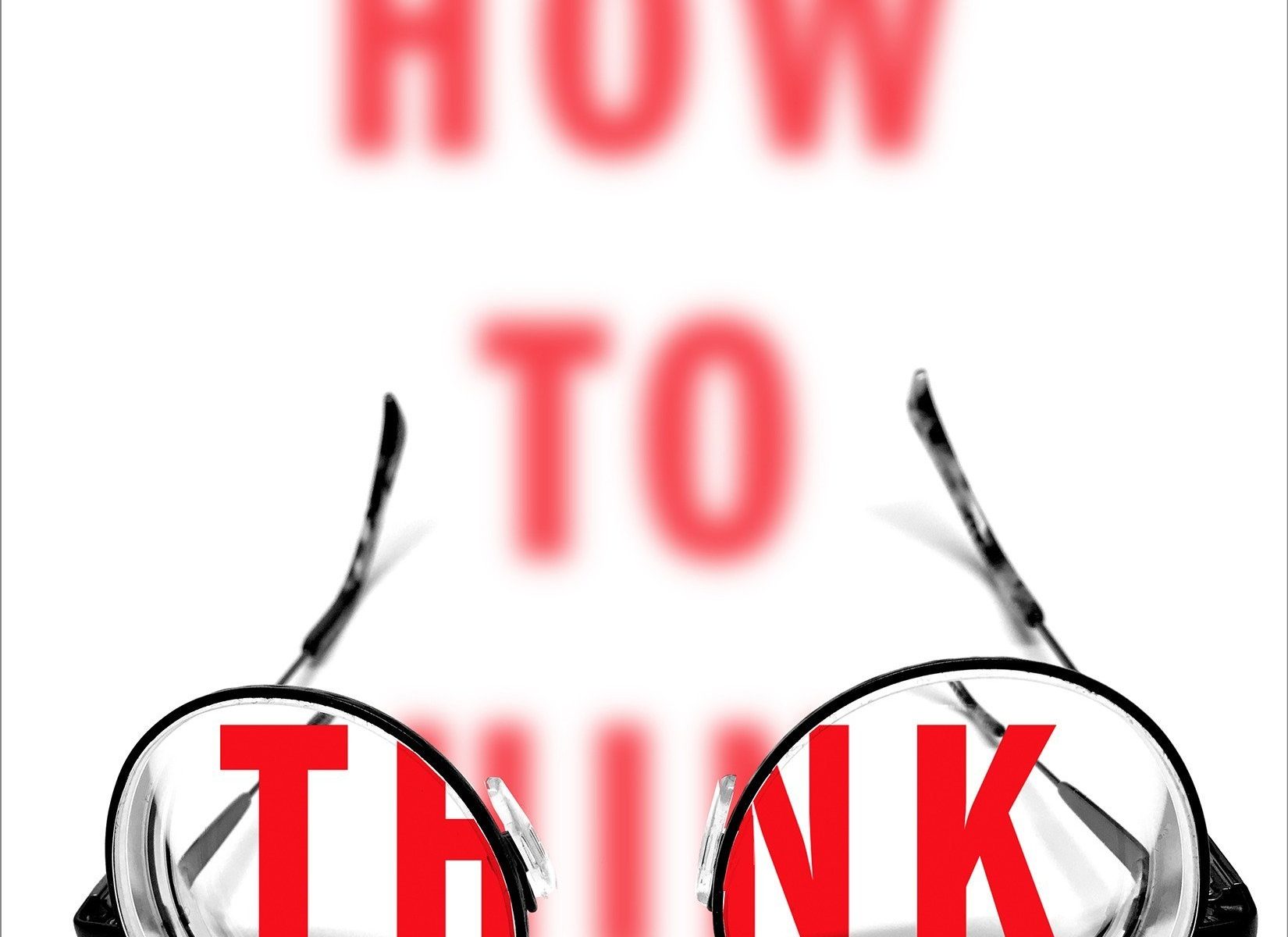The Breaks of the Game—David Halberstam: The game is basketball, and the breaks are the hundreds of tiny things that go into making someone’s professional career in the National Basketball Association a success or failure. By the time Halberstam drops the titular phrase, you’ve felt the highs and lows of the sport and the men who play it. The man who uses the line is Larry Steele, a veteran of the Portland Trail Blazers whose name and history in the league are probably only recalled by Blazer trivia fanatics. But here was a man who played for nine seasons with one team, sacrificed his body for his team, won a single championship, and then was placed on waivers when his knees gave out. Steele played for Adolph Rupp at the University of Kentucky and had joined the Blazers in their first year of existence. His tale is one of small heartbreak and a modicum of achievement, yet when you hear his story, it feels like something more. He is one small character in Halberstam’s amazingly detailed journey through one NBA season with Steele’s team, the Trail Blazers. Along the way, Halberstam provides insight into the intersection of commerce and sports, the history of professional basketball, the racial dynamics in the league and the nation, and the most interesting players on every other team because this was the rookie year of Magic Johnson and Larry Bird. This was a great read, and once I started it I couldn’t stop reading it.
The Secrets Thoughts of an Unlikely Convert—Rosaria Champagne Butterfield: I was drawn to Butterfield’s story because she was a tenured professor of English at Syracuse University when she converted. She is no longer a professor. Instead, she teaches her adopted children while her husband serves as minister for a Reformed church. In these polarized times, a conversion narrative where someone changes his or her mind is worth reading. When that someone happens to be in my profession and the change means going from a critic and disparager of Christianity to a proponent of rigorously conservative and deeply theological Christianity, this story is a mind-blower indeed. I have yet to mention the reason I had this book recommended to me; Butterfield was a militant feminist and lesbian prior to her conversion. This makes her story a particularly loaded one for debates about same sex desire. Butterfield is adamant that the holy spirit changed her and that is she is not who she was. These parts of the book are powerful and worth reading. What makes the book remarkable is that Butterfield has included so many other ruminations on life as a believer. The most memorable were her comments on the pains, along with the joys, of conversion so as to let Christians who pray for their friends to come to Christ might know the serious consequences of what they’re asking for; her detailed description of the regulative principle of worship as a way of demonstrating how she now engages with scripture as part of a larger community; and her chapter on adoption which is raw and honest and God-honoring.

